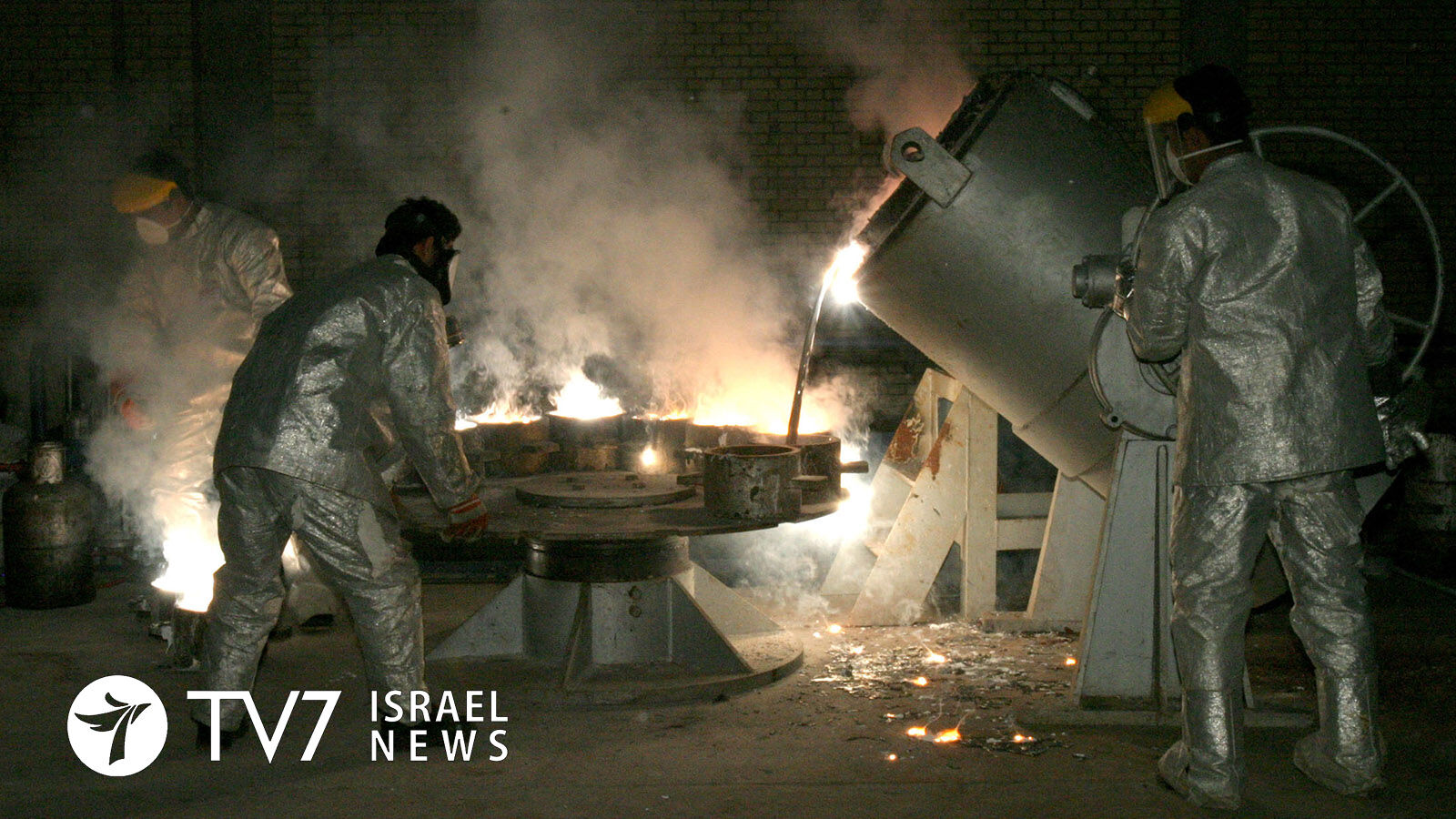The International Atomic Energy Agency (IAEA) is investigating reports of the latest dangerous nuclear advancement by the Islamic Republic.
By Jonathan Hessen and Erin Viner
IAEA Director General Rafael Mariano Grossi stated that his agency “is discussing with Iran the results of recent Agency verification activities and will inform the IAEA Board of Governors as appropriate.”
This, following a report by the United States-based Bloomberg News outlet published earlier this week, revealing that IAEA inspectors operating in Iran located traces of enriched material as high as 84%. That level is just 6% below the grade needed for nuclear weapons, while 4% higher than the nuclear bombs dropped by the United States on the Japanese cities of Hiroshima and Nagasaki in August 1945 near the end of World War Two.
The Islamic Republic has been enriching uranium to up to 60% purity since April 2021. Three months ago it opened operations at a second site, the Fordow Fuel Enrichment Plant (FFEP).
Iran’s Atomic Energy Organization (AEOI) Spokesman Behrouz Kamalvandi slamming the Bloomberg News report as “slanderous” and said it distorted facts.
“So far, we have not made any attempt to enrich above 60%. The presence of particles above 60% enrichment does not mean production with an enrichment above 60%,” he was cited as saying by the official IRNA News agency.
The semi-official Tasnim news agency reported AEOI Head Mohammad Eslami said IAEA monitors have been in Tehran since Tuesday to resolve “ambiguities created by an inspector.”
Eslami went on to stress that Iran “will not tolerate political pressure, commotion, and the creation of controversy.”
Two senior diplomats privy to the investigation, speaking to TV7 on condition of anonymity, referred to Eslami’s statement as yet “another lie” amid efforts to clarify Tehran’s “nuclear adventurism.”
Moreover, one of the sources pointed to Eslami’s dismissal of “political pressure” is a means to evade scrutiny over its blatant increase of uranium enrichment.
“We hope that IAEA Director Grossi will reach an agreement with Iran’s Atomic Energy Organization from a non-political and technical standpoint,” reiterated Iran’s Foreign Minister Hossein Amirabdollahian yesterday.
The latest developments come amid deadlocked efforts to revive the 2015 Joint Comprehensive Plan of Action (JCPOA) nuclear deal, due to Iranian preconditions that the US, France, Germany and the United Kingdom agree on a political decision to terminate IAEA probes into nuclear particles uncovered in undisclosed locations in Iran. So far, the Ayatollah regime has provided only explanations IAEA Director General Grossi labeled as “technically not credible.”
